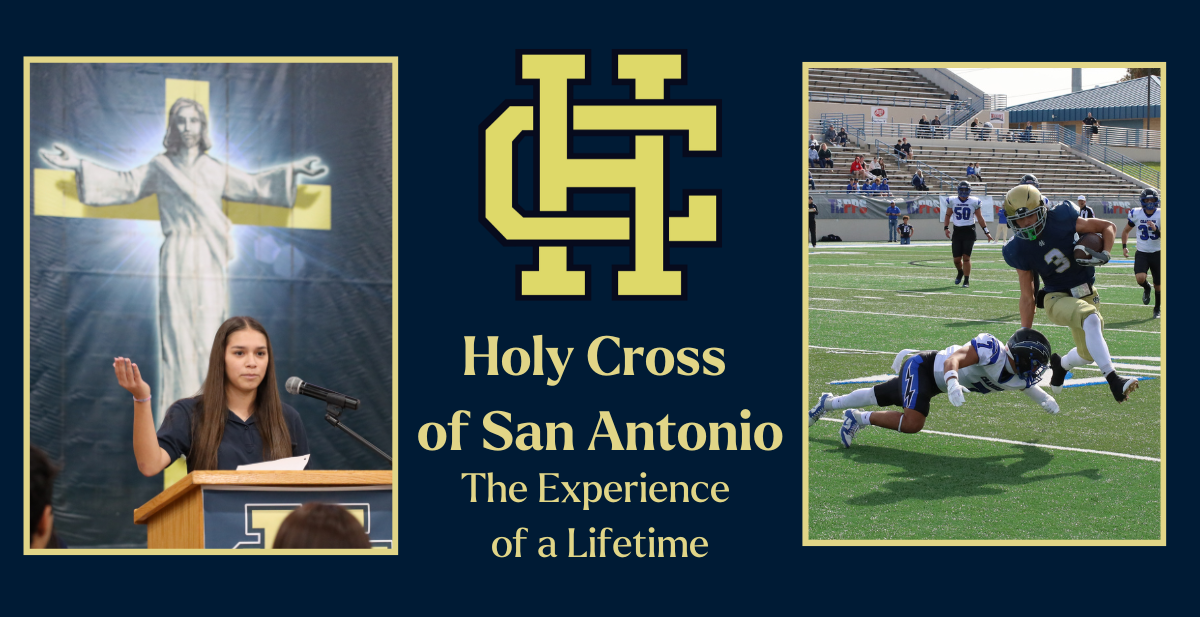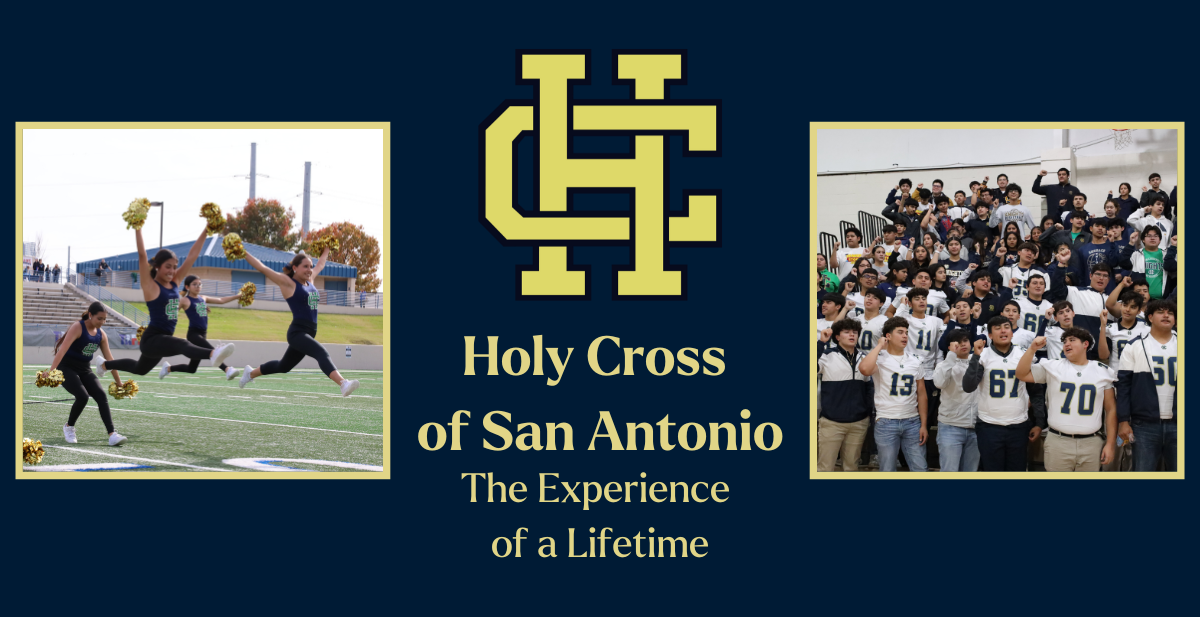College Terms You Need to Know
Award Letter: This is a document that you receive from a college that explains the types of financial aid they are offering you to assist with the cost of enrollment. The letter will also include the estimated total charges for your first year in college and any out of pocket costs.
Class Rank: Determines how a student's performance compares to other students in the same grade level. Some colleges will base your admission on rank, while others may not.
College Credit: When a college grants credit for a course, it means that passing that course counts toward a degree.
Cost of Attendance: The total amount of college expenses before financial aid is applied to your student account. The cost of attendance includes tuition and fees, room and board, books and supplies, and living expenses.
Early Action: Students receive an early response to their admission application but do not have to officially commit to the college until May 1 National Decision Day.
Early Decision: A student who is accepted as an early decision applicant must attend the college.
Enrollment Status: A classification based on the number of college credit hours you are taking. Most students enroll as full-time.
Expected Family Contribution (EFC): A value determined by the Department of Education once you have submitted the FAFSA which helps colleges determine your financial aid eligibility. The EFC is calculated using information you supply about your family’s financial circumstances.
Free Application for Federal Student Aid (FAFSA): This federal form is used by colleges to determine what federal aid (grants, loans, work-study) that a student may qualify for. Students are encouraged to submit this form every year in which they will be enrolled in college. The FAFSA can be submitted online at www.fafsa.gov.
Grant: A kind of "gift aid" — financial aid that doesn’t have to be paid back. Grants are usually awarded based on need.
Loan: Money you borrow from the government or a bank. You are required to pay loans back, usually over a specific period of time after you graduate from college.
Merit Aid: Financial aid given to students based on their personal/academic achievements. Most scholarships are considered merit aid, as they are generally awarded for success in school or athletics.
Need-Based Financial Aid: Financial aid (grants, scholarships, loans and work-study) given to students because they and their families are not able to pay the full cost of attending a certain college. This is the most common type of financial aid.
Rolling Admission: The college accepts applications year round, therefore, students may submit an application at any time. There is no hard deadline date.
Scholarship: A type of "gift aid" — financial aid that doesn’t have to be paid back. Scholarships are typically awarded based on merit (academic and/or athletic).
Student Aid Report (SAR): The report sent to the student after they submit the Free Application for Federal Student Aid (FAFSA) which tells you what your expected family contribution (EFC) is.
Superscore: Colleges will consider your highest section scores from all SAT/ACT attempts in order to obtain your highest possible composite score.
Test-Optional: Students are not required to submit test scores to a college for admission consideration.
Work-study: A program that allows students to take a part-time job on campus as part of their financial aid package. To see if you qualify for this federally funded program, you must complete the Free Application for Federal Student Aid (FAFSA).





 Launch the media gallery 1 player
Launch the media gallery 1 player